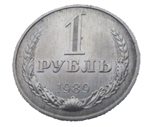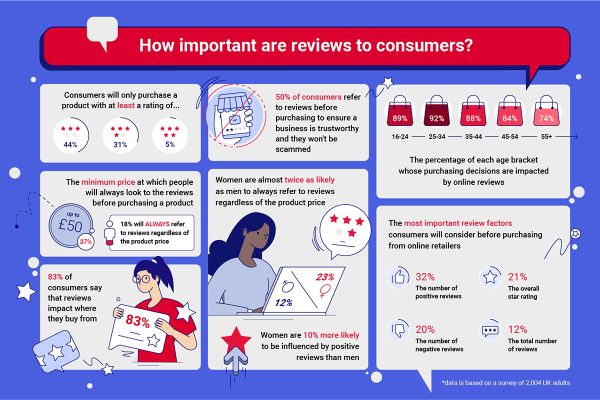Luke Trayfoot works at WorldFirst, who make international payments for your business cheaper, faster, easier and they say better. Luke’s been tracking the Russian Ruble and in this guest post shares some thoughts on how it could impact your business:
 The last 2 – 3 months of 2014 have seen a significant decline in the Russian Ruble. Russian President Vladimir Putin’s efforts to outwit the currency markets have considerably failed, despite holding strong against a number of headwinds in the first nine months of 2014. The Russian currency defied Western sanctions, ongoing civil war in Ukraine and spiking inflation rates, which persistently failed to depreciate the RUB. However, his efforts have been proved futile after capitulation in Q4, as the collapsing price of crude oil provided a far greater problem.
The last 2 – 3 months of 2014 have seen a significant decline in the Russian Ruble. Russian President Vladimir Putin’s efforts to outwit the currency markets have considerably failed, despite holding strong against a number of headwinds in the first nine months of 2014. The Russian currency defied Western sanctions, ongoing civil war in Ukraine and spiking inflation rates, which persistently failed to depreciate the RUB. However, his efforts have been proved futile after capitulation in Q4, as the collapsing price of crude oil provided a far greater problem.
The plummet in the benchmark Brent oil price (down as much as 50% from 2014 highs) has been a function of OPEC’s decision to not cut output, restricting the Russian government’s ability to raise cash from its most lucrative market.
This slump in the Russian Ruble has exposed a number of international businesses to cross-border weakness – particularly those who look to collect revenue within Russia. The relative strength of the GBP against the RUB will minimize all profits that you may look to repatriate into the UK for the foreseeable future. This may limit your potential consumer base within Russia, however the direct effect is a net positive for any firms importing from Russia, who will now find the exchange rates far more favourable. One way to protect yourself against any future risk would be through booking a forward rate through World First, and thereby securing a fixed, unmovable FX rate through which you could book your profits for a specified period of time.
The Russian authorities’ ability to stem this decline has been limited – but not through a lack of trying. The Russian central bank have temporarily stopped the outflow of capital through a series of relatively draconian measures. These measures have allowed the RUB to claw back some of its sharp losses in the final weeks of December, however it is far too early to call this a fully-fledged recovery.
Looking ahead, the future path of the RUB is expected to remain correlated with crude oil. If OPEC achieve their alleged objective of knocking out production in the USA’s profitable shale oil fields, the price of oil should naturally rise, and the RUB with it. But, with souring international tensions between Putin and his peers and the ongoing flight of localized capital, a recovery in the RUB is less than certain in 2015 – particularly if current fears of recession are realized in the short-term.
And what do low oil prices mean for the global shipping industry? Shipping pricing is most commonly measured via the Baltic Dry Index, an index that is linked to global freight rates for dry-bulk commodities. The measure has fallen by almost 30% since the beginning of December, a result of low oil prices and waning demand for international commerce – this will more than likely continue to result in lower logistical costs for small- to medium-sized enterprises.










One Response
We used to receive regular orders for our music related collectibles from Russian customers, they were *good spenders* but these have completely dried up since the Rouble lost it’s value. I calculate that we have lost about 10% turnover as a result, which is noticable to our bottom line as they tended to select items with high margins. None from Ukraine or Belarus either (who were also regular spenders).